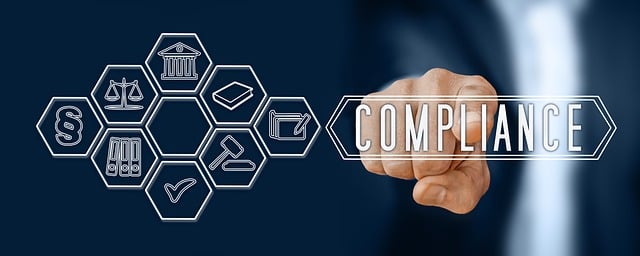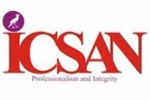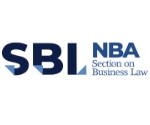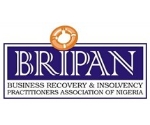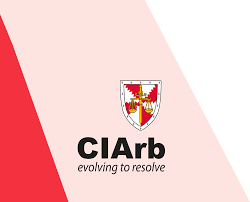Compliance in Technology & Innovation in Nigeria: Navigating the Regulatory Landscape
Nigeria’s youthful population and increasing internet penetration has created a fertile ground for technology and innovation. The Country is witnessing a surge in demand for digital solutions across various sectors, including finance, healthcare, agriculture, and education, therefore as the nation embraces this digitalization process, there is an increasing focus on compliance in the industry.
This article is the first part of two that explores the regulatory landscape, key compliance areas, and the evolving ecosystem for technology-driven businesses in Nigeria.
The Regulatory Framework
National Information Technology Development Agency (NITDA)
NITDA’s responsibilities encompass various aspects of technology, including policy formulation, standards development, and the promotion of local content in the IT sector. Companies operating in the technology and innovation space are required to be compliant with NITDA’s guidelines to foster a regulatory environment conducive for growth.
Nigeria Data Protection Commission
In 2019, Nigeria took a significant step in data protection by introducing the Nigeria Data Protection Regulation (NDPR). This piece of legislation culminated in the enactment of the Nigeria Data Protection Act (NDPA) which established the Nigeria Data Protection Commission.
Both pieces of legislations safeguard the privacy of individuals and regulate the processing of personal data. Personal data here includes name, mobile number, email address, contact address, and genetic composition.
For businesses in the technology sector, compliance with both the NDPA and the NDPR is paramount, as it establishes guidelines for the lawful processing of personal information and imposes sanctions for non-compliance, some of the other functions of the NDPC are; developing and enforcing data protection policies in accordance with the NDPR, registration and licensing of data controllers and data processors in Nigeria, upholding and enforcing the rights of data subjects, etc.
Companies are mandated to implement robust data protection policies, conduct regular audits, and ensure the secure handling of user data. By doing so, they not only comply with regulatory requirements but also build trust among users, fostering a positive relationship in an era of increasing concerns about data privacy.
The Nigerian Communication Commission
The Nigerian Communications Commission (NCC) is the regulatory authority for the telecommunications industry in Nigeria.
Established in 1992 under the Nigerian Communications Act, the NCC is tasked with the responsibility of regulating and supervising telecommunications services and operations in the country.
Technology companies providing services over telecommunications networks need to adhere to NCC guidelines. This includes compliance with licensing requirements, quality of service standards, and adherence to regulations governing communication services.
Intellectual Property Protection
Innovation thrives in an environment that values and protects intellectual property. Nigeria has established laws governing patents, trademarks, and copyrights to encourage the creation and protection of intellectual property and one of such laws is the Copyright Act, 2022.
The Copyright Act provides the legal framework for the protection and enforcement of copyrights (it covers literary, artistic, musical, and other creative works).
Companies engaged in technology and innovation are encouraged to be diligent in safeguarding their intellectual property. This involves filing for patents to protect novel inventions, registering trademarks for brand protection, and respecting copyright laws to prevent unauthorized use of creative works.
Cybersecurity Measures
As technology advances, so does the need for robust cybersecurity measures. Nigeria is not immune to cyber threats, and both government and private businesses must take proactive steps to protect against cyber-attacks. This is enshrined in the Cybercrimes (Prohibition, Prevention Etc.) Act, 2015.
Companies operating in the technology space are encouraged to implement cyber security best practices, including regular security assessments, encryption protocols, and employee training on cyber hygiene.
Compliance with cyber security standards not only protects businesses and user data but also contributes to the overall security of the digital ecosystem.
Financial Technology (Fintech) and Payment Systems
The Central Bank of Nigeria (CBN) plays a pivotal role in regulating financial technology and it has taken several regulatory measures to govern the sector to promote financial stability, protect consumers, combat financial crimes, and foster innovation.
Examples of some of its key regulations are; licensing requirements for payment service providers (PSPs), guidelines for operations of mobile money services, the regulatory sandbox framework, guidelines for deposit money banks and payment service providers, etcetera.
Fintech companies must comply with these CBN regulations as it relates to them and example of such relative regulation are licensing requirements, transaction limits, adherence to anti-money laundering (AML) and know your customer (KYC) policies.
It’s essential for fintech companies operating in Nigeria to stay abreast of CBN regulations and compliance requirements to avoid regulatory sanctions and foster trust among consumers and stakeholders.
Conclusion
Nigeria’s technology and innovation landscape holds immense promise; however, the journey is accompanied by a need for compliance with evolving regulations.
Navigating the regulatory framework requires a proactive approach, continuous monitoring of changes, a commitment to ethical business practices and strict adherence to regulatory compliance.
Striking a balance between innovation and strict adherence to guidelines is key to building sustainable and successful ventures in Nigeria’s evolving tech ecosystem.
Berkeley Legal is a dedicated leading full-service business law firm in Lagos, Nigeria. We provide comprehensive and sophisticated range of specialized and personalized legal services that are designed to meet the various needs of a highly diversified local and international businesses.
If you would like to know more about compliance in the Tech industry, please contact info@berkeleylp.com
The information provided in this article is for general informational purposes only and does not constitute legal advice.

